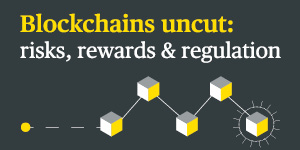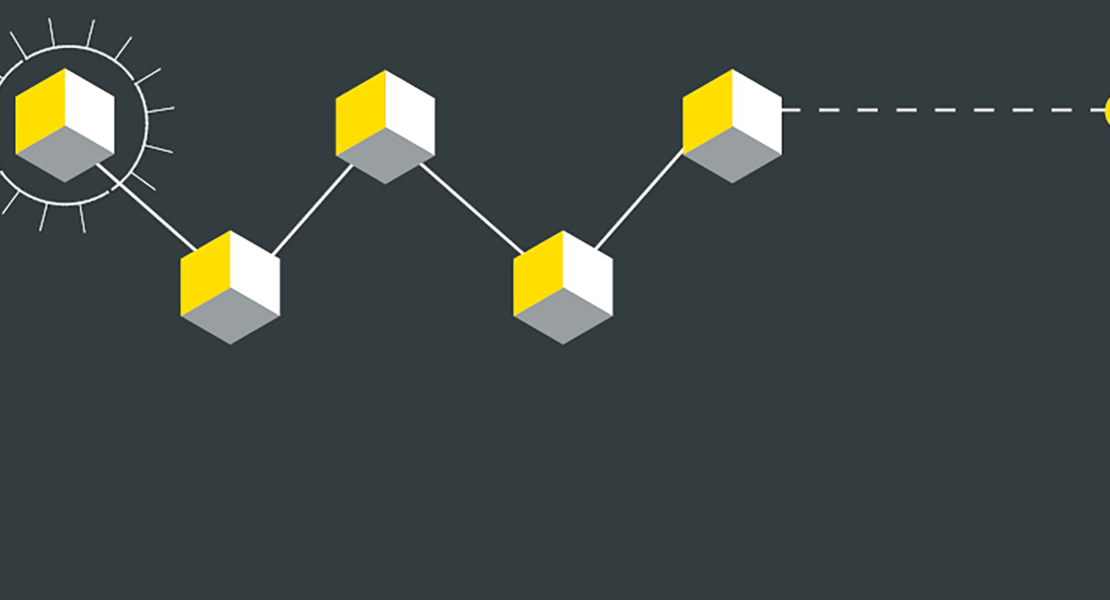The volatile price fluctuations of cryptocurrencies such as Bitcoin and Ether have attracted huge media and business interest in blockchain technologies. But there is more to the technologies than recording Bitcoin payment instructions on a public blockchain network.
Blockchains are widely regarded as one of the most important technologies of the future, because of the benefits that they promise to deliver: greater cost-savings, enhanced security, and data reliability. Cost savings because they cut out the need to rely on a trusted, always available, central authority and they remove the need to reconcile data between organisations; security because of the use of public key cryptography and digital signatures; and data reliability because of the use of cryptographic hashes – in many blockchains any attempt to edit data is immediately obvious to multiple parties.
Many businesses are still in the exploratory phase of working out how the technologies can best be applied. But, reflecting the excitement of their potential, venture capital investment in blockchain technology startups has surged, as has the volume of blockchain-related patent applications.
However, there is no doubt that the media has created a lot of hype around blockchain technologies. Recently, they have slipped into the “Trough of Disillusionment” in Gartner’s Hype Cycle. Part of the problem has been a lack of careful application of the technologies to appropriately verified use cases, which has led to failed projects and disappointment. Blockchains and decentralised databases are not, of course, the solution to every problem.
Recent successful use cases include R3’s proof of concept trial with HM Land Registry in the UK to create a workflow management tool powered by blockchain software that is designed to make it easier and more secure for disparate participants in a property transaction (e.g. buyers, solicitors, lenders, estate agents, surveyors) to store, share and interrogate data without the need to rely on a central database. The project is powered by R3’s proprietary blockchain software, Corda Enterprise. To many this all seems highly complicated and esoteric; many businesses are still struggling to understand the key questions: what are blockchain technologies, why use them rather than a centralised database, who is responsible if things go wrong and what does the future hold?
Based on its experience advising clients in this space, Bird & Bird has recently launched a report, “Blockchains uncut: risks, rewards and regulations” which seeks to answer these questions and more. It’s a must-read for any person involved in, or considering engaging in, a blockchain project.

This article was originally published in Connected to sign up to Bird & Bird’s monthly Regulatory & Public Affairs Update click here.




